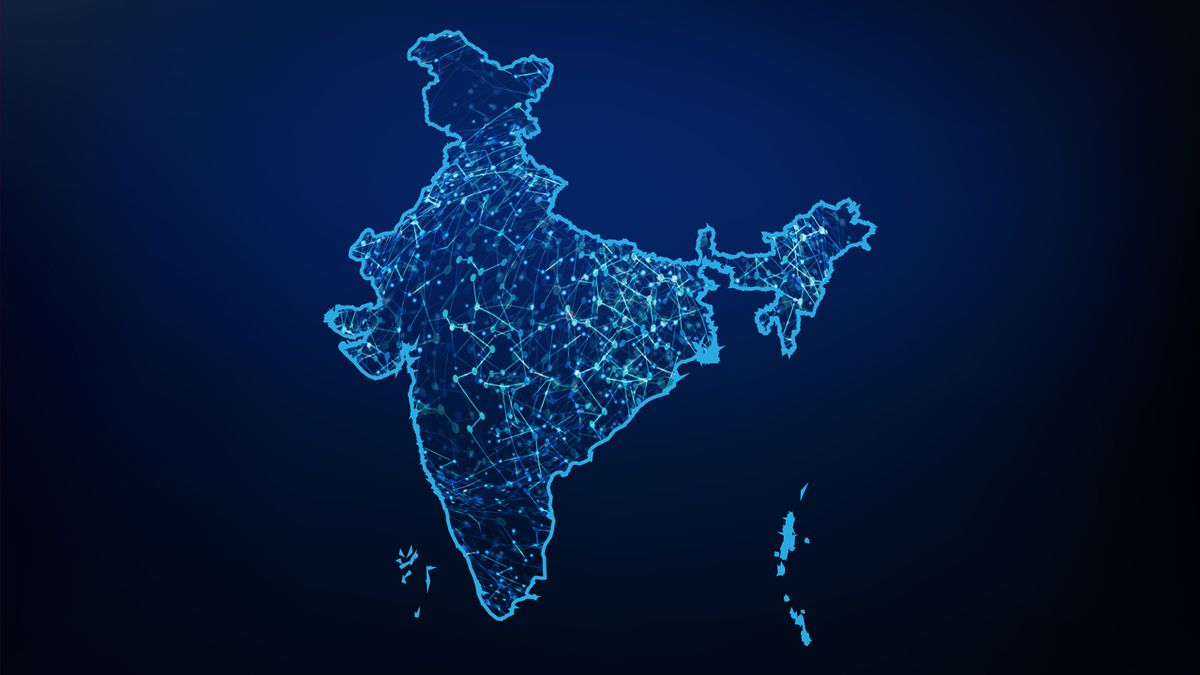
Before signing up with a VPN provider, please read the Terms of Service and make sure you agree with them. Additionally, using a VPN to circumvent a website’s or app’s technological protection measures (such as geo-locking) could violate the law in some countries, as well as the VPN’s and the website’s Terms of Service. That may include downloading and selling copyrighted information, hacking into computers or networks without authorization, and cyberstalking. VPNs are legalized to prevent terrorist and criminal activities and doing anything remotely close to those offences while using it would be punishable. One thing to remember is that VPN itself is legal but committing criminal acts or merely visiting sites that the government has strictly banned is illegal. VPNs may be legal in some countries, cybercrime or infringement are not 1 It’s better to check for yourself and not to visit legally banned sites while using VPN.

Although using VPN is completely legal in India, there are some cases where the government or local police have punished people for using the service. Still, others impose internet censorship laws, which makes using a VPN risky.ĭepending on the country, governments may impose fines on both the citizen and the VPN service provider for using an unsanctioned VPN. Currently, a handful of governments either regulate or outright ban VPNs, which include countries like Belarus, China, Iraq, North Korea, Oman, Russia, and the U.A.E., to name a few. Every country has a different stance on VPNs, and not all see them as favorable.


 0 kommentar(er)
0 kommentar(er)
